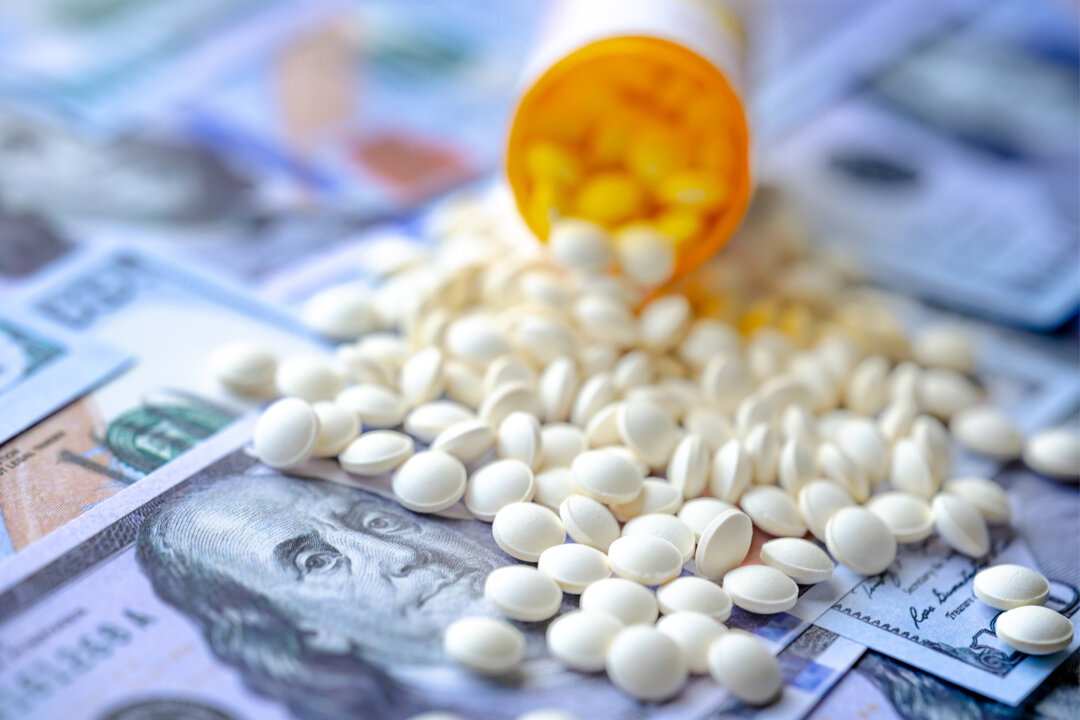Drug studies sponsored by drug manufacturers tend to report higher drug efficacy than studies not sponsored by the drug company, a new report published in the Journal of Political Economy on Oct. 7 finds. The report found a “sponsorship effect” that tends to bias sponsored studies toward reporting higher drug efficacies.
The author could not find differences in study design between those funded by drug companies and those not. “This effect was larger than I expected,” Oostrom told The Epoch Times over email. “My results suggest that sponsored arms of trials should be discounted substantially.
” She said that the difference in results between sponsored and unsponsored trials may be that “manufacturers are running multiple trials and selectively publishing those that are more favorable towards their drug.” Even a small effect of bias by funding could affect the use of a drug, she noted. “If some of the results from a clinical trial are biased, patients may be taking a less effective drug for them, or they may be taking a drug when alternate treatment might be more beneficial,” Oostrom said.
Her research analyzed the published papers of 509 trials and 1,215 treatment arms (groups of participants). Most of the trials were published after the drug gained approval from the U.S.
Food and Drug Administration (FDA). About three-quarters of them examined were for antidepressants, with the remaining quarter for antipsychotic medications. She found that the effect of d.


















